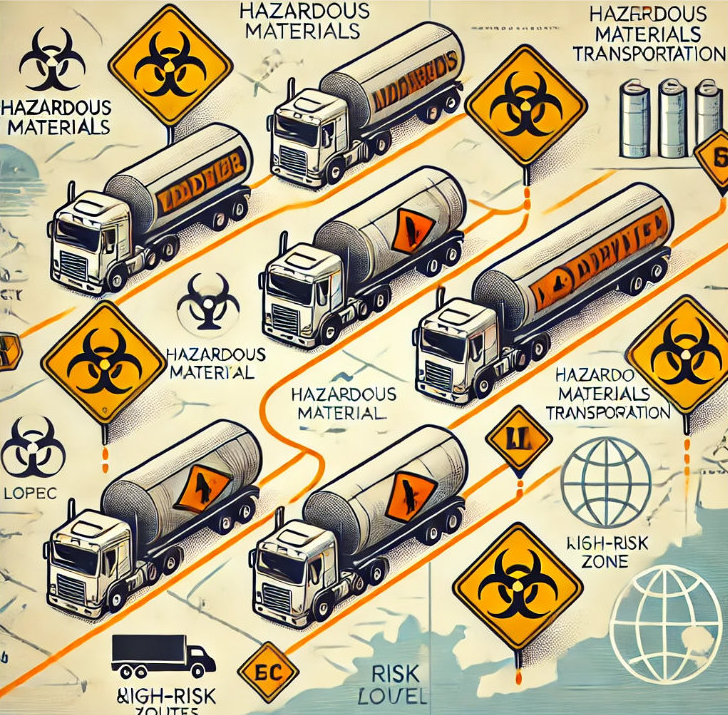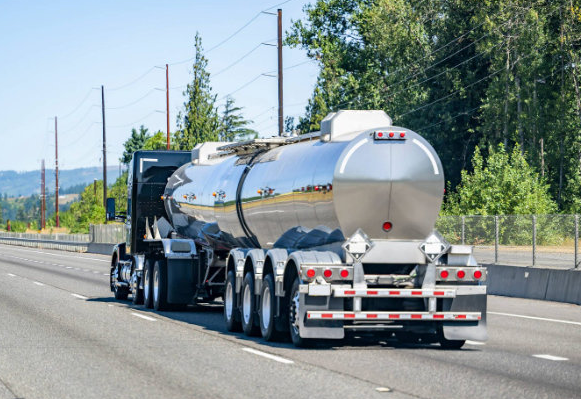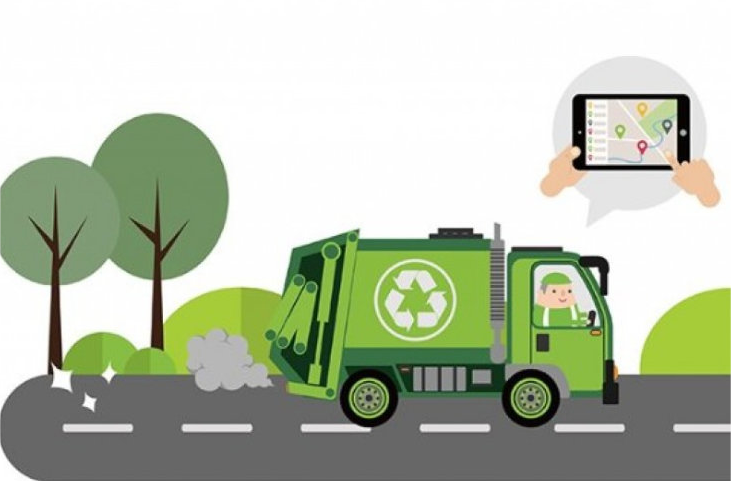Editor's Pick


Hazardous material transportation is very important for both human health and environmental safety in the logistics industry. This type of transportation requires more regulation and attention than other logistics activities. Proper planning and the use of technology ensure that this process is carried out safely and efficiently. The use of vehicle route optimization technologies allows the risks in this process to be minimized and operations to be carried out in a cost-effective manner. In this article, the work of companies transporting dangerous goods in the world, the factors affecting route planning in this sector and the points to be considered will be discussed. Dangerous Goods Transportation in the world The number of companies with ADR-compliant certificates is increasing day by day and the logistics sector is making new investments in this field. Sectoral BreakdownCompanies engaged in the transportation of dangerous goods in globe generally operate in the following areas: Considerations When Planning the Routes of Vehicles Carrying Dangerous Goods 1)Legal Compliance and Certification ADR standards bring the transportation of dangerous goods in line with international regulations. ADR certification of vehicles and equipment ensures that transportation is carried out in compliance with the law. 2)Vehicle Maintenance and Controls Maintenance and regular inspections of vehicles carrying dangerous goods are critical. This control mechanism prevents accidents and potential risks. 3)Route Selection and Optimization Route planning systems should be used to determine the safest routes. Passing through areas with low human density and having alternative routes are priority factors. In addition, by using route optimization software, routes can be optimized to save fuel and shorten transport times. 4)Digital Tracking and Telematics Systems GPS tracking and telematics provide instantaneous tracking of vehicles, preventing them from going off-route. Thanks to these systems, potential risks are identified in advance and route changes can be implemented quickly. 5)Emergency Preparations In the transportation of dangerous goods, there should always be emergency plans and these plans should be known by all personnel. These preparations are critical for both the environment and human health in the event of an accident. Efficient Vehicle Use Fleet management systems optimize resource utilization by tracking the fleet. Software such as Hazmat optimization maximizes transport capacity and reduces operational costs. The class, quantity and hazard level of the substances transported must be accurately documented. This allows audit processes to be completed quickly and efficiently. The right optimization reduces transportation costs by reducing fuel consumption. The Reduce fuel expenses goal brings major benefits both environmentally and economically. Dynamic routes enable quick adaptation to changing conditions. This prevents disruption to operations and increases customer satisfaction. Green logistics practices, combined with route optimization, reduce carbon emissions. Less vehicle use and shorter distances contribute to environmental sustainability.Dynaroute's Role in Dangerous Goods Transportation Dynaroute offers customized route optimization software for companies transporting dangerous goods, increasing operational efficiency and minimizing risks. Artificial intelligence-powered algorithms offer the safest and most efficient routes to companies transporting dangerous goods. This not only increases safety, but also shortens transportation times. Dynaroute's GPS tracking and geofencing technologies allow instantaneous monitoring of vehicles and implementation of emergency response plans. Fleet tracking and telematics systems ensure efficient utilization of vehicle capacity. This is important both in terms of cost and environmental impacts. ConclusionWhat Should Be Considered When Planning the Routes of Vehicles Carrying Dangerous Goods?
Dangerous Goods Transported by Companies Carrying Dangerous Goods Dangerous goods transportation includes the following:
The Importance of Optimization
Dangerous goods transportation represents a sensitive area in the logistics industry. By using the right route planning and technological infrastructure, both the safety and efficiency of these transports can be increased. Dynaroute stands out with the innovative software solutions it offers to companies in this sector and redefines logistics operations. Considering the importance of route optimization, Dynaroute's solutions enable companies to carry out safe, sustainable and cost-effective transportation.





